The Declaration of principles
The « Declaration of principles » is a document that formalises the objectives of the Continental Aquatic Ecosystems Network (CAE-MAB). It has been produced by the first working group of the network that took place in Sarlat (France) during the EuroMAB 2017.
Whereas global water challenges as well as the links between good water management, the health of aquatic ecosystems and the happiness of human societies have been highlighted in international meetings such as the World Water Forum;
Whereas Biosphere Reserves recognize that these linkages are present in each of their territories, in a wide variety of contexts, and reaffirm the importance to human populations of having available water resources in sufficient quantity and quality while conserving healthy aquatic ecosystems;
Whereas Biosphere Reserves respect the close links between water management, the health of aquatic ecosystems, land uses and practices, and management of water uses;
Whereas Biosphere Reserves have a mandate to promote – and to exchange information and experiences concerning – the development of sustainable interactions between social and ecological systems, including aquatic ecosystems;
Whereas the Biosphere Reserves represent a unique opportunity to test interdisciplinary approaches and to develop and exchange scientific and managerial information to promote sustainable social-hydrological relations;
The Biosphere Reserves represented at EuroMAB 2017 meeting in Sarlat (France) on April 5, 2017,
Having identified several common problems and concerns, including
- pollution of water (eutrophication, toxic substances),
- morphological deterioration of river beds,
- biodiversity loss,
- loss of flooding areas,
- hydropower impacts,
- conflicts in water and land use,
- invasive species,
- disappearing of river related cultural heritages (knowledge, identity…)
Having developed certain approaches and solutions to these problems which they hold to be promising, including
- promotion of dialogue and coordination,
- restoration works (wetlands, oxbows…),
- research and monitoring,
- use of the UNESCO-BR designation to gain means for action,
Having identified common obstacles to fully implementing these approaches and solutions, such as
- conflict with economic interests and influence of the lobbies,
- capacity to influence problems coming from outside the UNESCO-BR,
- international status of transboundary watersheds,
- low recognition of UNESCO-BR in programs concerning water,
- confusion caused by multi environmental designations,
Wish to contribute to international reflections on the future of the aquatic ecosystems.
For this reason,
wish to bring to the forefront their concerns about continental aquatic ecosystems and to take concrete steps to exchange information and to collaborate on approaches and actions that favour sustainable and harmonious social-hydrological relations, including
- the development of a network connecting the UNESCO-BR concerned by continental aquatic ecosystems (regular meetings)
- the implementation of an online platform to support the exchange of information and best practices among biosphere reserve (scientific knowledge, positive experiences and exemplary actions, projects proposals, …)
- the development of joint communications
- the implementation of joint actions to improve recognition of the MAB and RB programs by the different decision-making authorities
- the organization of study tours
- the connection of biosphere reserves to promote intercultural exchanges.
